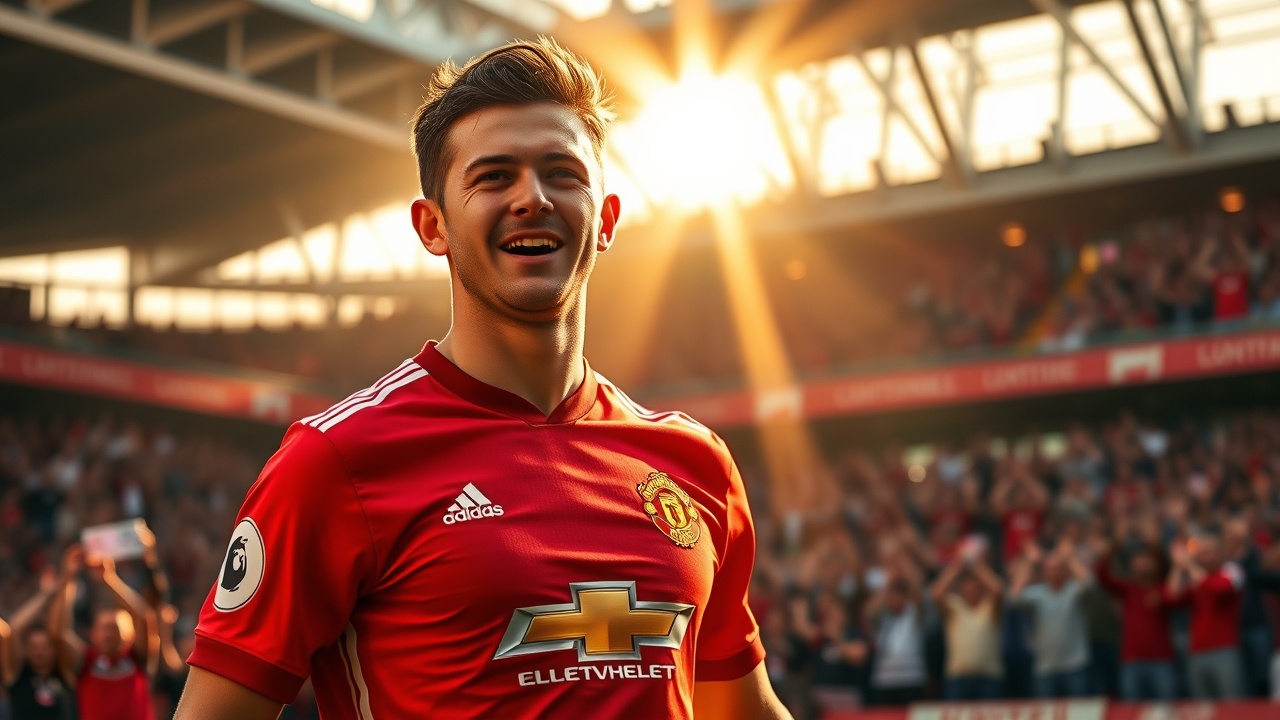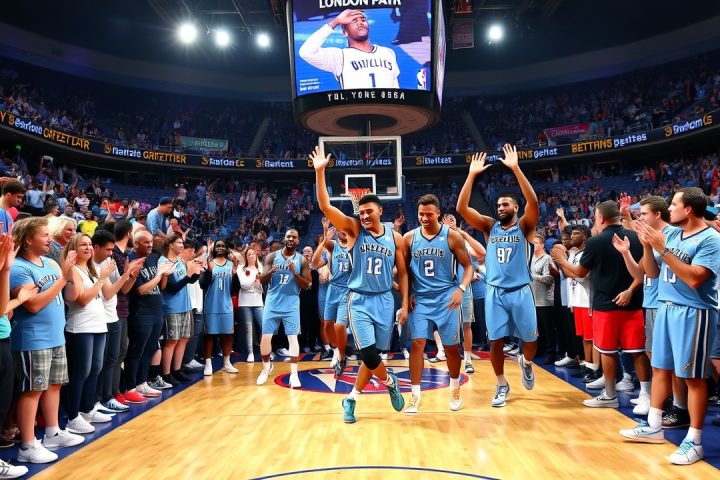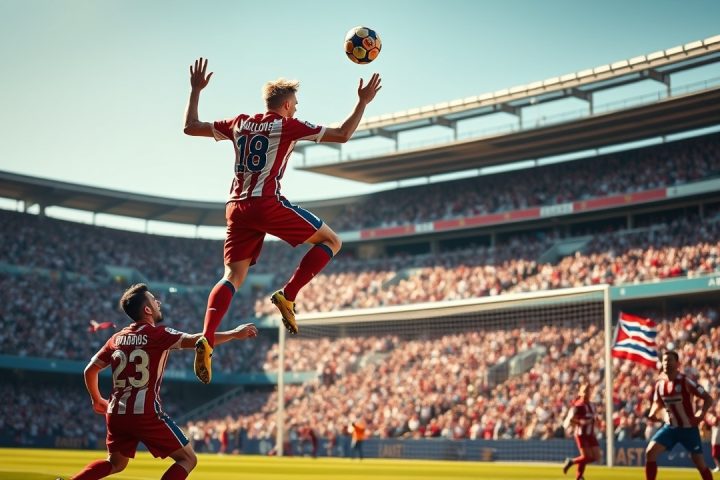Introduction
Jason Wilcox’s ascent to a prominent role at Manchester United marks a significant shift in the club’s football leadership, particularly following the departure of Dan Ashworth. The recent acquisition of young defender Ayden Heaven highlights Wilcox’s strategic approach to recruitment since his promotion as the club’s director of football.
Key Recruitment Strategies
During the winter transfer window, after discovering that Heaven had discussions with Eintracht Frankfurt, Wilcox took the initiative to invite the promising teenage defender to Old Trafford for a Europa League clash against Rangers on January 23. This event was marked by a warm reception, as the club arranged for Heaven to sit in the directors’ box alongside legends like Sir Alex Ferguson, while also facilitating a meeting with head coach Ruben Amorim.
Despite competing offers from Chelsea, Newcastle, Barcelona, and Marseille, some significantly more lucrative, Wilcox’s persuasive pitch about United’s history of nurturing young talent ultimately swayed Heaven to join the club. Signing with the Red Devils after only minimal senior experience, Heaven has already begun making an impact, registering six appearances for the first team thus far, despite some setbacks due to injuries. Wilcox’s first deal as United’s chief dealmaker has proven promising, particularly as it was completed for a mere £1.5 million.
Professional Background
Since Wilcox’s joining the club 14 months ago, little has been publicly disclosed about him. Sources close to the club describe him as an influential figure who has rapidly established himself within the United framework. His transition from technical director to director of football was formalized in a club-wide communication from CEO Omar Berrada, reflecting his rising status within the club’s hierarchy.
Wilcox’s time at Southampton, where he spent less than a year and made only two signings for a fee, honed his skills in player acquisition. His strategy there involved a mix of loanees and free agents, helping the team return to the Premier League. His tenure left a positive mark, with club officials recognizing his capability in revitalizing their football operations.
His roots at Manchester City, where he spent over a decade—and notably served as academy director—have laid a strong foundation for his current role. Colleagues familiar with his work during that period noted his ability to cultivate talent and support his staff, further enhancing his portfolio as he moved up the ranks. Key relationships, especially with Berrada, have also facilitated his success at United, allowing him to integrate into the club’s operational framework swiftly.
Impact of Ownership
Wilcox’s relationship with the recently appointed minority owner, Sir Jim Ratcliffe, has notably impacted his role. Their camaraderie, characterized by informal yet strategic dialogues, provides a sharp contrast to Wilcox’s predecessor’s more formal interactions. Ratcliffe has acknowledged the value Wilcox brings, particularly his keen eye for identifying footballing talent, which he stated is comparable to that of notable figures in the industry.
Challenges in Recruitment
As director of football, Wilcox’s responsibilities encompass leading recruitment strategies and negotiating player signings, a field where he has faced challenges and stiff competition. His attempts to secure players like Bryan Mbeumo and Liam Delap have proven to be taxing, especially when faced with firms like Chelsea. Despite some cautious observers questioning his negotiation tactics that have led deals to collapse, others commend his straightforward, no-nonsense approach to discussions.
Conclusion
Despite these challenges, Wilcox’s unique blend of technical insight and ability to build rapport underscores his emerging role as a crucial figure at Manchester United, particularly in light of the club’s pressing need for a successful summer transfer window. As he navigates this high-pressure environment, his performance will undoubtedly draw keen interest from fans and critics alike. Be it through recruiting rising stars or cultivating existing talent, Wilcox’s direction may well determine the future trajectory of United’s footballing fortunes.




